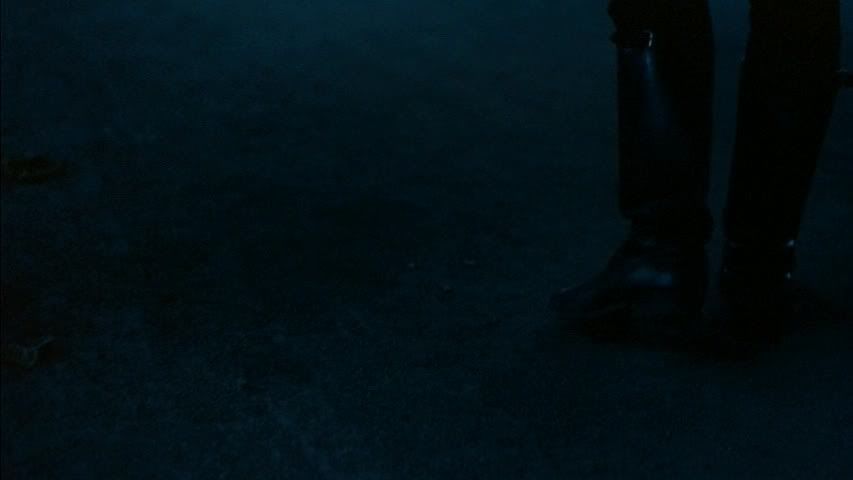

Nearly all of Rainer Werner Fassbinder's many films revolve around the human need for love, affection, respect, and acceptance, but perhaps none of his films treat this subject with the intense focus of In a Year With 13 Moons. It is arguably one of Fassbinder's most personal films, a direct response to the suicide of his lover Armin Meier, and Fassbinder not only wrote and directed it but handled the cinematography on one of his own films for the first time (the only other film he shot himself was The Third Generation). The result is one of the director's most visually sumptuous films, as well as his most harrowing melodrama, rigidly structured as a series of set pieces in which the transsexual Erwin/Elvira (Volker Spengler) tries to make sense of his/her shattered life. Erwin is the archetypal Fassbinder hero(ine), so desperate for love and attention that when his straight friend Anton (Gottfried John) offhandedly jokes that they could get together if only Erwin was a woman, the naïve Erwin takes him at his word. He goes to Casablanca for an illicit operation and comes back as Elvira, but Anton doesn't know what to make of his friend's literal-mindedness, and rejects him. The film is set many years later, as Elvira attempts to recover from yet another horrible break-up. She is floundering, often uncertain about her sexual identity; Erwin didn't want to be a woman so much as he just wanted to be with Anton, but now he's trapped between genders.
The film is structured as a spiritual journey or epic quest, with Elvira engaging in emotionally and psychologically fraught encounters with both strangers and figures from her own life: her prostitute friend Zora (Ingrid Caven), her wife (Elisabeth Trissenaar) and daughter (Eva Mattes), the nun who raised her as a foster child (Fassbinder's own mother Lilo Pempeit), and of course Anton himself. In one of the film's most bizarre scenes, the mysterious Anton is revealed as a reclusive real estate developer who enacts strange musical numbers with his troop of bodyguards: it's an unsettling mixture of fascist goose-stepping with gay pageantry, with Anton portrayed as martinet whose economic power has gone to his head. If Elvira is Fassbinder's archetypal victim, Anton is the corresponding oppressor and user, an upper-class economic leech who screws over his employees and those who get in his way just as casually and thoughtlessly as he emotionally screwed over Elvira.

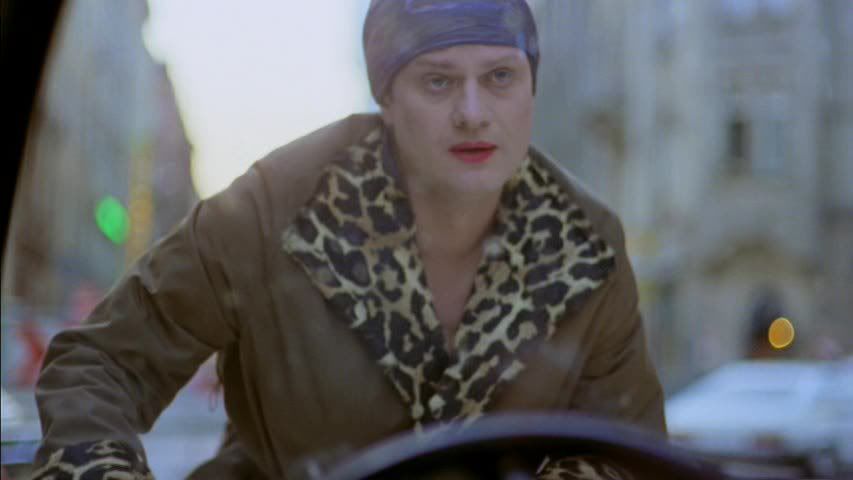
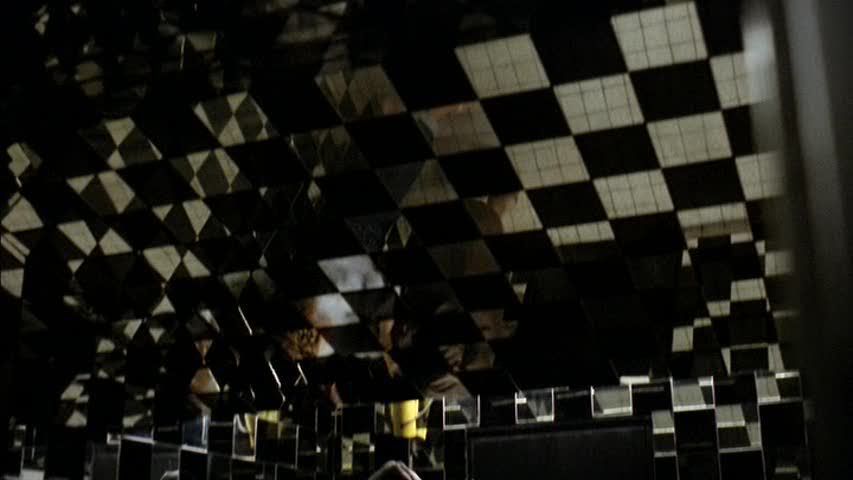
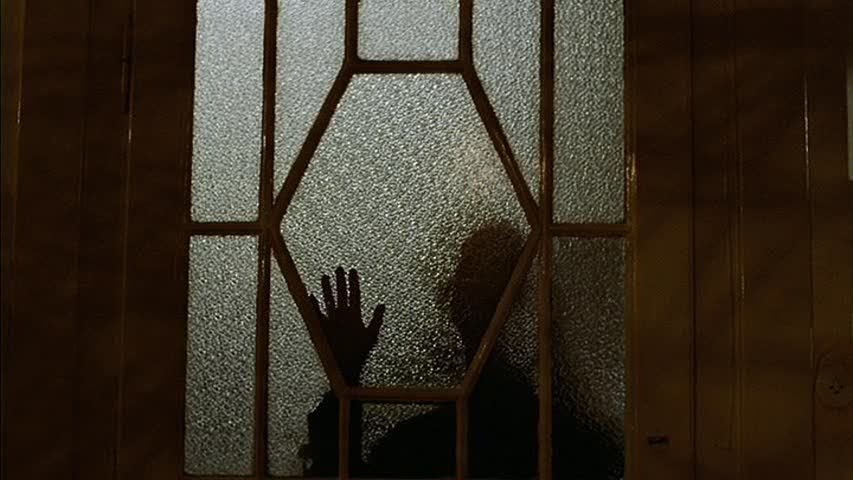
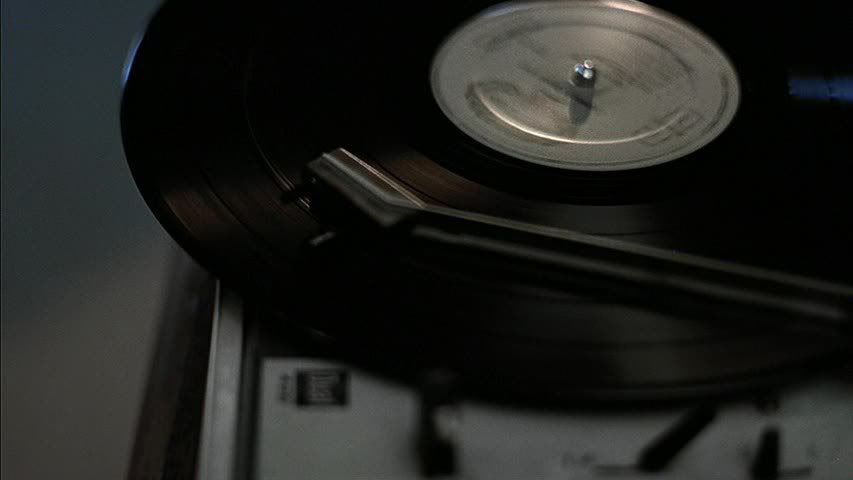

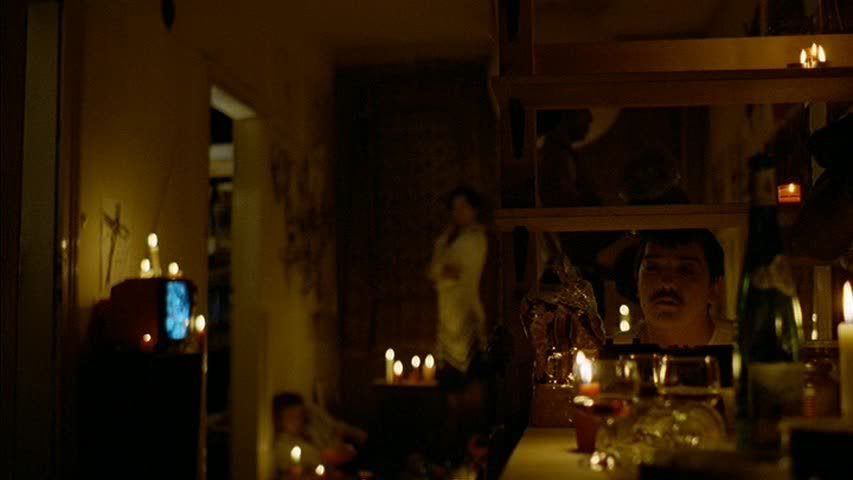
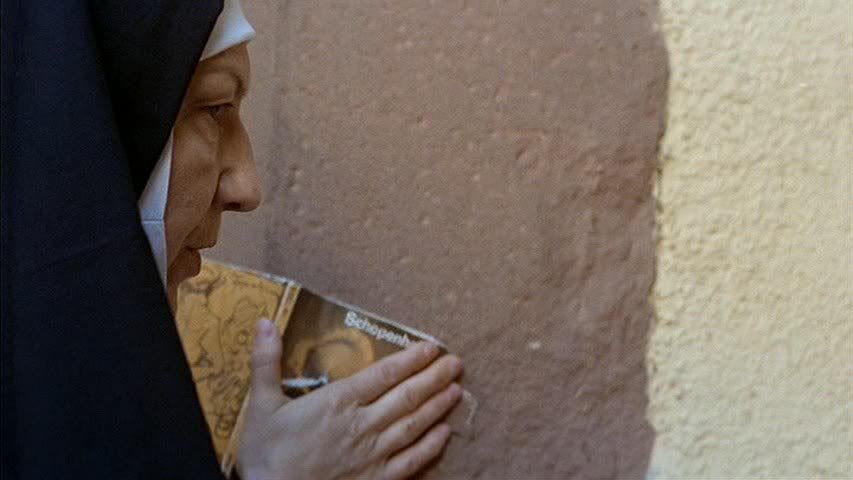
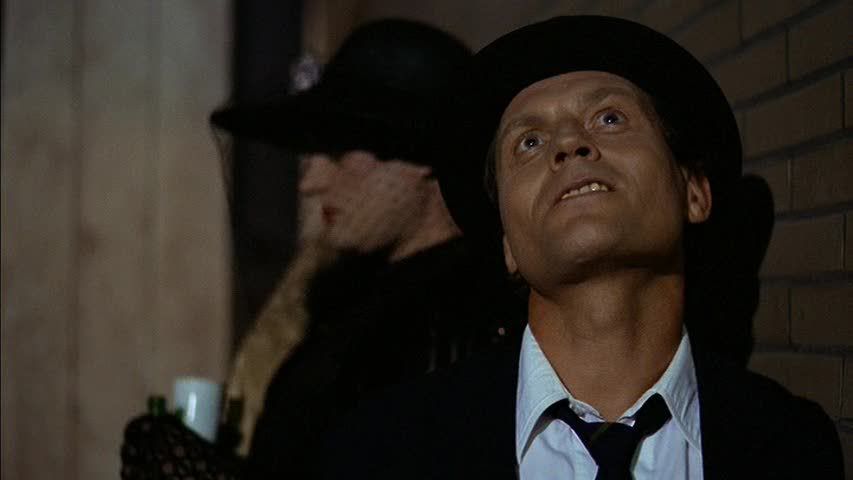


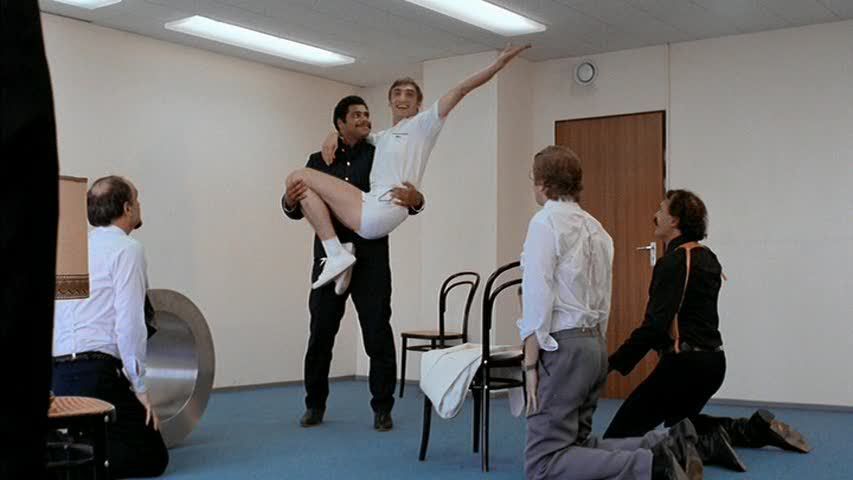

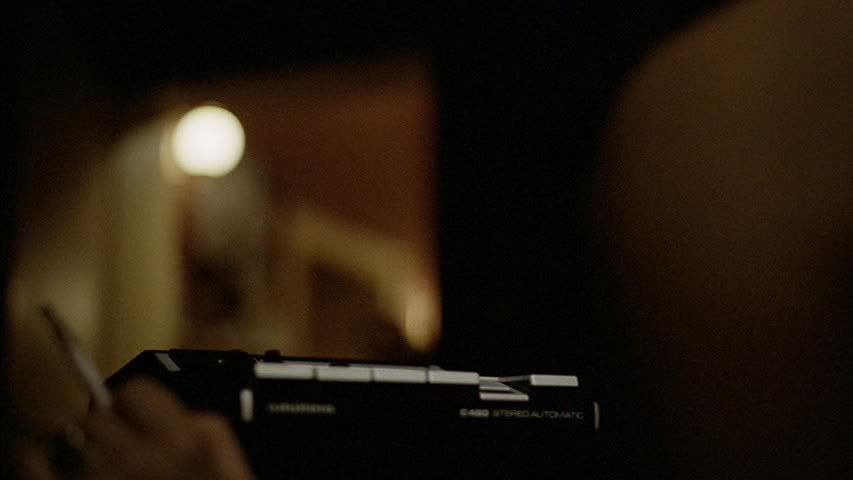









0Awesome Comments!